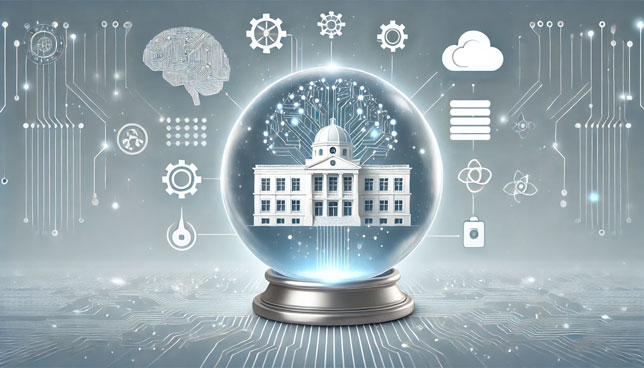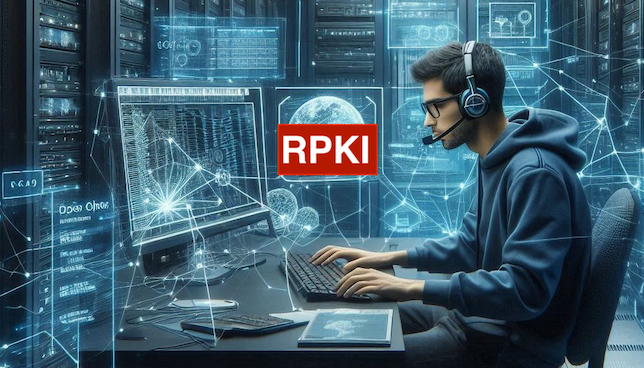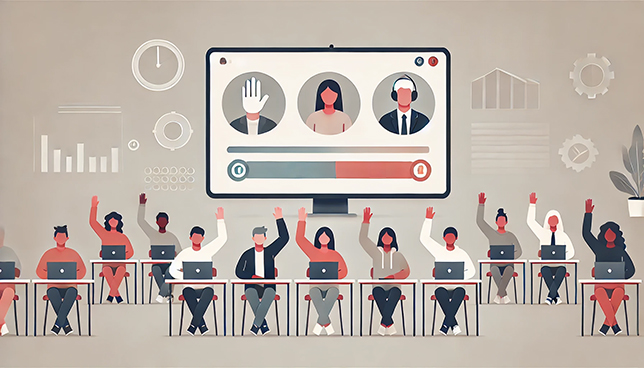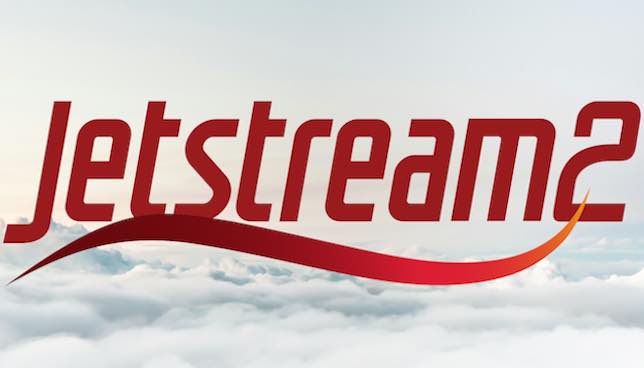
What should K-12 and higher education institutions expect on the cybersecurity front in the coming year? Here's what the experts told us.

What should colleges and universities expect from the evolving landscape of artificial intelligence in the coming year? Here's what the experts told us.

The latest release on Internet2's Cloud Scorecard Finder website previews new features that include dynamic selection criteria and options to explore multiple solutions side-by-side. More updates are planned in the new year.

Now that he's more than a year and a half into his chief digital officer role at NJIT, we've asked Ed Wozencroft to reflect on his areas of concentration: What work must digital leaders "own" in 2025?

Data's role in enhancing educational outcomes is monumental, and it's time we harness this potential fully.

We ask James Deaton, vice president of network services, about Internet2's initiatives and leadership efforts to promote routing security and RPKI adoption in research and higher education networks.

From a massive, 23-campus cloud-and-security transformation, to a small college's "lift and shift" entry into the public cloud, Unisys Higher Education Strategist Christopher Wessells knows how higher education leverages the cloud. Here, he examines some of the values scalable cloud strategies offer our institutions.

Traditional teaching methods like slide-to-slide PowerPoint presentations no longer engage students in the way they used to. Here's how one educator developed engaging, interactive methods to help students grasp complex concepts.

CEO Joel Dehlin updates us on Kuali today, and how it has thrived as a software company that succeeds in the tech marketplace while maintaining the community values envisioned in higher education years ago.

Free access to advanced computing and HPC resources for your researchers and education programs? Check out NSF's Jetstream2 and ACCESS.